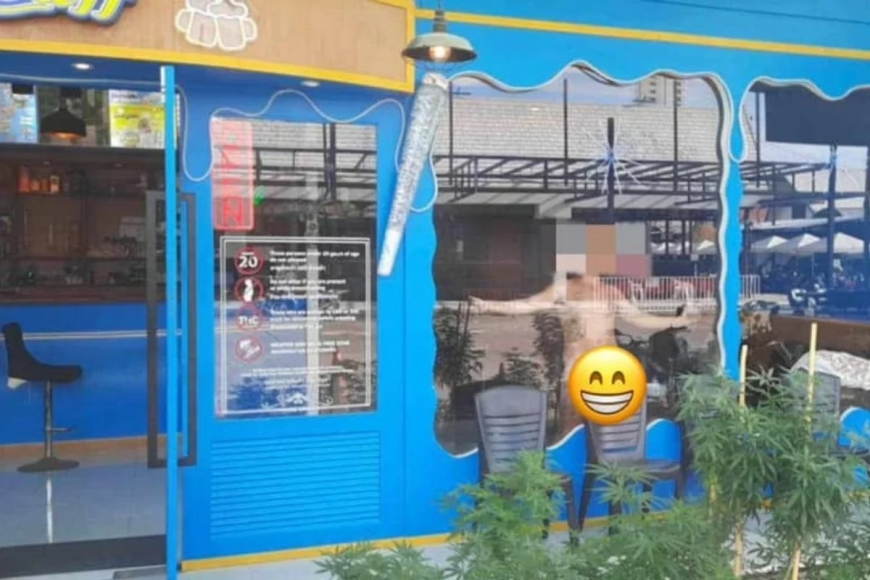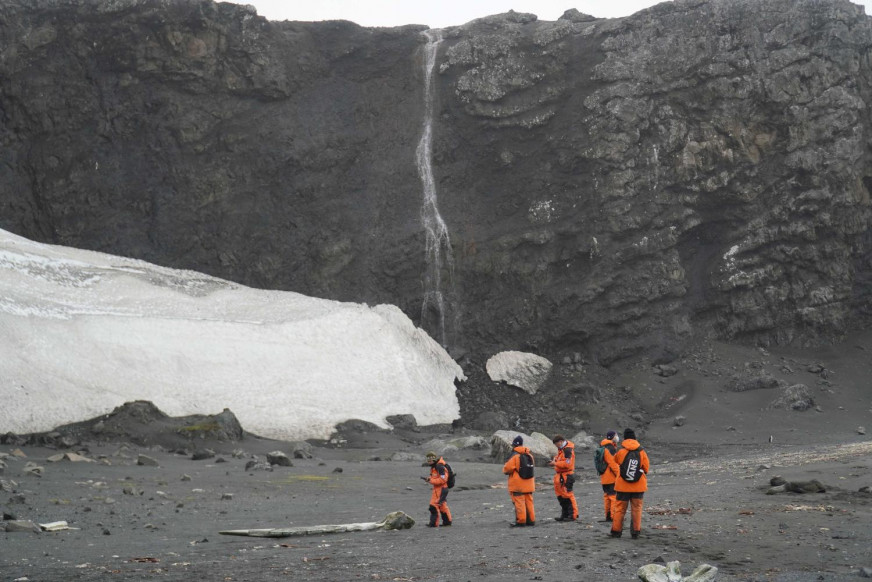Doctor Challenges Minister’s Claims
Defending the Decision to Resign
Dr. Nuttagarn Chuenchom, an infectious disease specialist at Mae Sot Hospital, has defended her decision to resign after 21 years of public service. The doctor’s resignation came in response to what she described as excessive workloads and lack of support in the Mae Sot district of Tak.
Dispute Over Doctor-to-Patient Ratio
Conflicting Numbers Spark Debate
The controversy centers around the doctor-to-patient ratio in Mae Sot. Dr. Nuttagarn initially reported a ratio of 1:8,000, citing the hospital’s responsibility to care for both Thai patients and Myanmar refugees. However, Public Health Minister Somsak Thepsutin disputed this claim, stating the actual ratio was 1:1,400.
Workload and Resource Allocation
Challenges in Border Healthcare
Dr. Nuttagarn highlighted the strain on healthcare resources, particularly the diversion of care to treat Myanmar refugees. She revealed being instructed to visit refugee camps to treat patients with tuberculosis and HIV after the closure of healthcare centers along the Thai-Myanmar border.
Minister’s Rebuttal and Doctor’s Response
Accusations of Misinformation
Minister Somsak, without directly naming Dr. Nuttagarn, accused her of providing false information. He stated that Mae Sot has 110,000 Thai residents and 117,616 migrants, contradicting the doctor’s claims. In response, Dr. Nuttagarn took to social media, affirming her decision to resign.
Support and Solidarity
Message to Fellow Medical Professionals
Following the controversy, Dr. Nuttagarn expressed gratitude for the support she received. She acknowledged feeling discouraged throughout her service due to excessive workloads and unfair pay. The doctor also conveyed solidarity with medical professionals still working in the system, hoping for fairer treatment in the future.
Implications for Healthcare System
Spotlight on Systemic Issues
This resignation has brought attention to broader issues within Thailand’s healthcare system, particularly in border areas. It highlights the challenges faced by medical professionals in managing limited resources while addressing the needs of both local and refugee populations.









